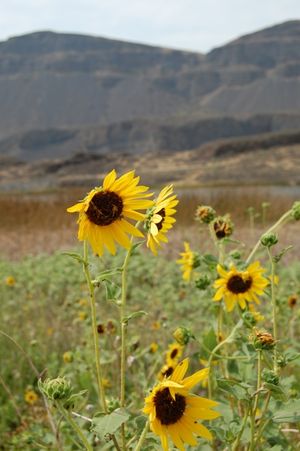Grand Coulee Field Trip - Mixed Legacy of Federal Stimulus From the Last Great Collapse
Vacation plans have been a little haphazard this summer. A major camping trip to Banff became a short venture to Moses Lake. What can I say, they have a great water park. Our experience at one of the finest resorts in the world while in Thailand over the new year showed us that no matter where you are, the kids are going to want to swim in the pool.
We did take the scenic route back to Spokane via the Grand Coulee, through Soap Lake and Ephrata and Coulee City and Grand Coulee City itself. We stayed long enough at the massive conrete dam to watch a short movie describing the vision for diverting water onto the fertile but barren lands of Eastern Washington. I was surprised that the energy production came across as almost an afterthought, with agricultural production being the driving force.
I was struck by a couple of thoughts as we drove back through Wilbur and Republic and Reardon. I realized that almost every town we drove through on our trip owed it's existence to this massive federally funded works project. When you're driving down I-90 toward Seattle and read, "largest potato producing county in the country", it would be appropriate to add, "made possible by federal government stimulus money." One would hope any current stimulus might have such a lasting impact.
But here's the shadow side, lest you think I'm going all in on massive federal spending projects. Every town we drove through was obviously economically depressed, featuring boarded up store fronts and decaying Moose Lodges. Even Moses Lake was a mixed bag of economic development and empty big box stores with outdated "for lease" signs. While the economic impact of the Grand Coulee dam is undisputable, the benefit to the people and communities down river is somewhat debatable. I suspect a very small group of individual land owners and agri-businesses are making a bunch of money while most of the people scattered throughout the region are barely making it.
In a culture that loves false dichotomies; government spending bad, government spending good; engineering the environment bad, engineering the environment good; the reality is always much more complex.

